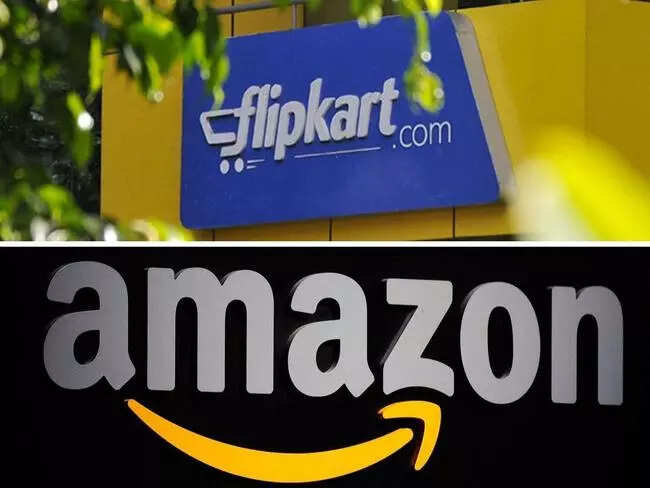While the COVID-19 and the resultant lockdown affected the celebrations last year, the festive season finally seems to be getting back on track.
The country is celebrating Diwali this week, giving an opportunity to companies and banks to incentivise their business by offering discounts on a range of items from jewellery to smartphones.
The lockdown was heavy on most, and affected the finances of several families. However, to ensure that these temporary setbacks do not come in the way of Diwali shopping and celebrations, a number of festive offers are up for grabs this year.
State Bank of India- #KhushiyonKaSwagat
This Diwali, if a customer of State Bank of India (SBI) applies for a car loan through YONO app, then they can get an interest rate concession of up to 0.5%, with zero processing fees, the bank said in a tweet.
Customers can get cash back offers up to Rs 2,500 on every purchase on e-commerce sites such as Flipkart and Amazon. Besides, one can get instant loan approval now.
The bank is offering car loans from 7.25%, gold loans from 7.50%, personal loans from 9.60%.
Additionally, the home loan offer which was started in September is still there. SBI currently offers home loans at only 6.7% for any amount and any tenure without any processing fees.
ICICI Bank- #FestiveBonanza
ICICI Bank launched ‘Festive Bonanza’ with a complete range of offers, heavy discounts and cash back available on a range of products, including luxury items from premium brands and leading e-commerce platforms.
As part of the ‘Festive Bonanza’, the bank is offering up to 20% cash back and discount on every purchase on Amazon, Myntra, Flipkart, Jiomart, Reliance Digital, among other platforms.
Besides, benefits are there for retail and business customers on various banking products and services such as home loan, car loan, overdraft facility and others.

HDFC Bank- #FestiveTreats
HDFC bank has partnered with over 10,000 merchants across more than 100 locations to offer special deals specifically created for their personal and business needs in this Diwali time.
Benefits offered to customers include cash backs and no-cost EMIs on premium mobile phones, up to 22.5% cash back and no-cost EMI on electronics and consumer goods such as washing machines and refrigerators on shopping platform Amazon by using HDFC Bank’s credit and debit cards.
Personal loans starting at 10.25% interest with instant disbursal in account are also there. Customers can avail car loans starting at 7.50% with zero foreclosure charges and funding of up to 100% on two-wheeler loans and 4% less on interest rates, the bank said
BOI- #BOIUtsav
Bank of India has announced a 35 basis-point cut in its home loan interest rates and 50 basis-point reduction in vehicle loan interest rates. The minimum rate now starts at 6.50% against 6.85% on home loans and 6.85% against 7.35% earlier on vehicle loans.
This special rate, which was effective from October 18 till December 31, is available for customers applying for fresh loans, and for those seeking transfer of loans. Processing charges have also been waived for both the loans till 2022.
Axis Bank- #DilSeOpenCelebrations
Axis Bank is offering waivers of 12 EMIs on select home loan products in this festive season and providing on-road finance without any processing fees for two-wheelers customers.
To boost local retailers during this season, Axis Bank has roped in more than 2,500 local stores across 50 cities. The bank customers will get discounts up to 20% on shopping from these stores. Besides, one can get 10% or more cash back when purchasing on popular e-commerce platforms such as Flipkart and Amazon.
BOB- #KhushiyonKaTyohaar
Bank of Baroda also extended Diwali offers. This bank has slashed interest rates on both home car loans that start from 6.5% and 7% respectively. Processing charges are also waived for both the loans.
